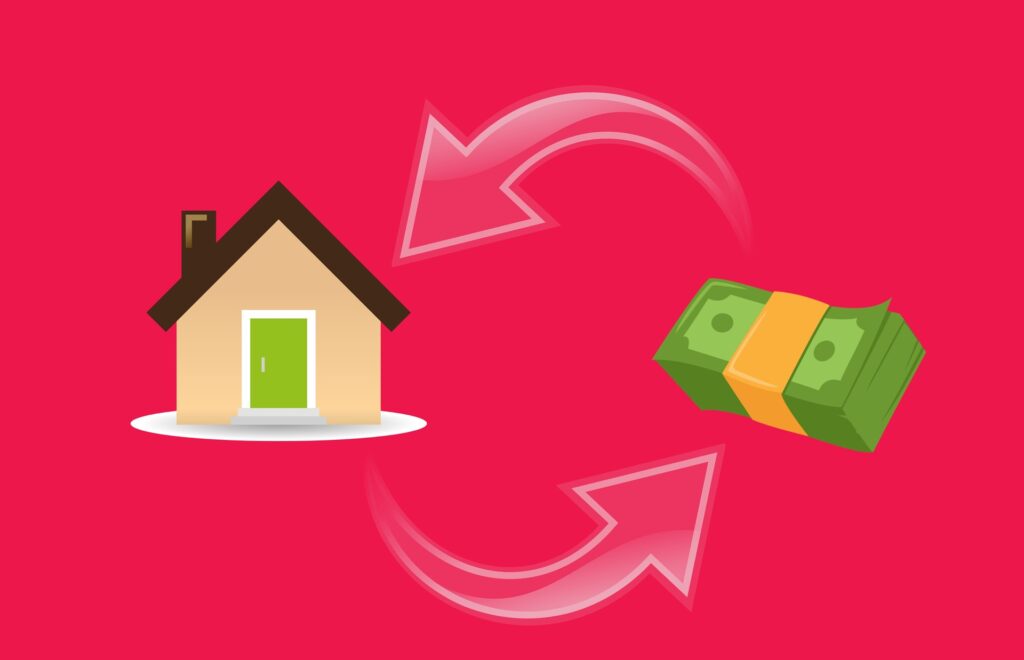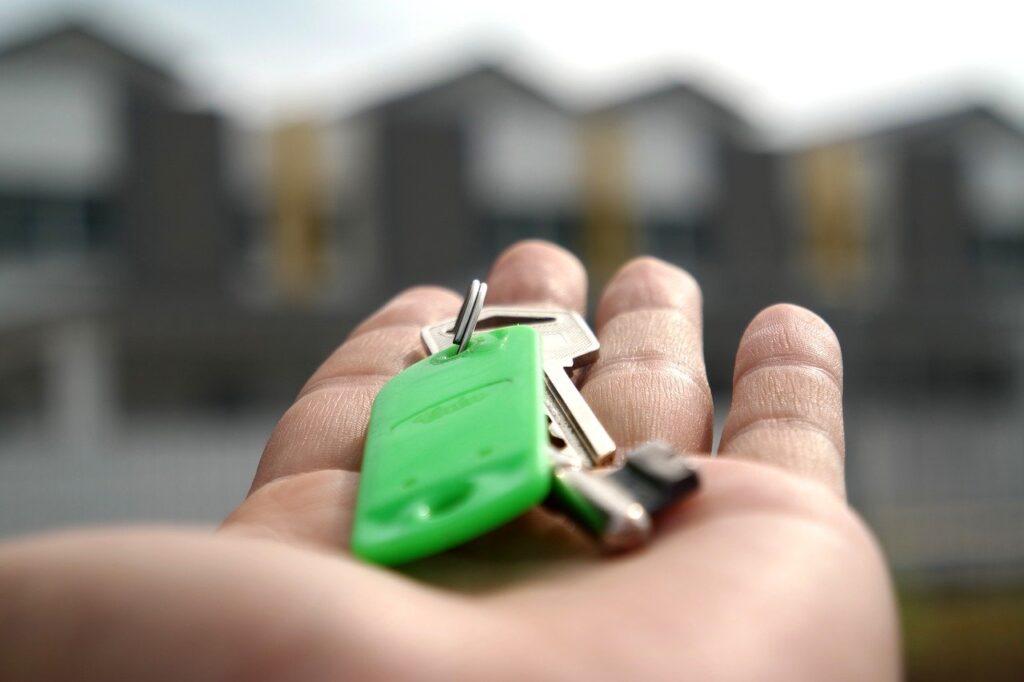 If you can afford it, becoming a landlord is a great way to generate income.
If you can afford it, becoming a landlord is a great way to generate income.
However, just like with any other thing that seems too good to be true, there is more to being a landlord than just owning a property, renting it, and gathering money on a regular basis.
There are many things to keep in mind when becoming a landlord. This article will serve you as a handy checklist and a guide through the pits and perils of being a first-time landlord.
Do your research
If you want to make money from your investment, you must spend time researching to ensure you’re making the right decision.
The best way to do this is by studying market reports and blogs to get an idea of what areas are producing the most significant rental yields.
If you’ve managed to find a suitable location with homes for sale that you can afford, don’t stop the analysis there. How has the area performed in the past and in relation to nearby suburbs? What about future developments that could be beneficial, such as schools or improved public transport? Is the property you are considering worth the investment, and why? Is my potential rental in an area that is going to get more valuable?
These are just a few questions you need to answer to understand how to be a successful, strategic landlord.
When you are a novice in real estate, it’s vital to be diligent in researching. Make sure you understand the demand of your market and how much you can charge for rent.
Do you need a landlord’s license?
Before you are even able to rent your property, you need to check if you need a landlord license from your local council before you can legally rent your property out.
In the UK, the government introduced this legislation in 2006 with the primary purpose of ensuring landlords maintain their rental properties to a good standard.
In the USA, landlords are often required to register their properties and obtain specific licenses for their rentals, just as with any business owner. Failure to file can lead to costly fines and put you in a risky situation while attaining the mandatory licenses will protect your property, tenants, and personal assets.
Check your local laws to learn the specifics. Some places ask you to get just one single license, while others demand a bit more paperwork.
Manage the property like a pro
 No matter the size, location, and price of your rental property, you should be able to communicate with your tenants in a cordial, professional and effective manner.
No matter the size, location, and price of your rental property, you should be able to communicate with your tenants in a cordial, professional and effective manner.
The tenant(s) must know that they should take you seriously.
This means you must follow through with the terms of the lease, including collecting late payments, checking in on the property to ensure it’s properly maintained, getting items repaired quickly after a request. Sometimes, you might even have to start the eviction process if no payment is made.
If this seems too overwhelming to you, simply hire a property management company to do all the hard work for you.
Have everything written down
You should keep a detailed archive of all events — things you purchase, vendors you pay, and materials you are buying to maintain the home. That should cover the bookkeeping essentials that you can do yourself. Or, hire a financial advisor just to be safe.
Everything you do and every deal you make should have a paper trail, digitally or handwritten.
Make sure to digitize any physical documents for additional peace of mind. Bookkeeping is a lot of work, but dedication to the organization will save you from a lot of headaches and potential legal issues down the line.
Get insurance
You should protect yourself from any potential liability claims by purchasing insurance.
Landlord insurance will provide you protection from financial loss caused by natural disasters, accidents, and other troubles your property might endure.
Depending on your local laws, you might want to require tenants to purchase renter’s insurance which will help you avoid a lawsuit if a renter’s items are damaged. Renters insurance is pretty affordable, and most tenants are willing to pay for it because they know their items will be protected.
Explore liability insurance and search for a good umbrella policy that will protect you, your property, and your family.
Take photos before and after renting
Take photos before new tenants move in and make a note of any pre-existing issues. The photos can help you justify withholding a certain amount from the security deposit in case you have to repair any additional damage when tenants move out.
Speaking of repairs, it’s essential to undertake regular inspections of the property, but remember that you cannot enter the property without the tenant’s permission. Make sure to give them a heads up via written notice at least 48 hours before making the inspection.
Screen your potential tenants
Tenant screening will help you find quality tenants who will pay rent on time and take good care of your property. It’s essential to filter out good potential tenants from all the applications you receive.
Look for a tenant who can pay in full each month, doesn’t have a criminal history, and has an excellent rental background. Consider creating a rental application that will give you quick information about your prospective tenant: name, current address, the reason for their move, employer information, income, and landlord references.
Leave a Reply